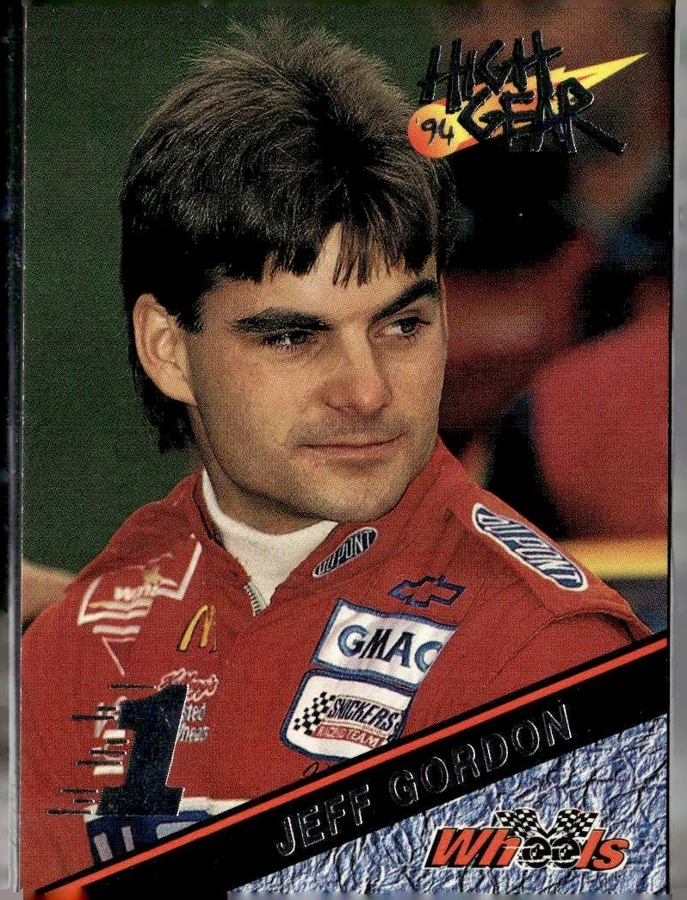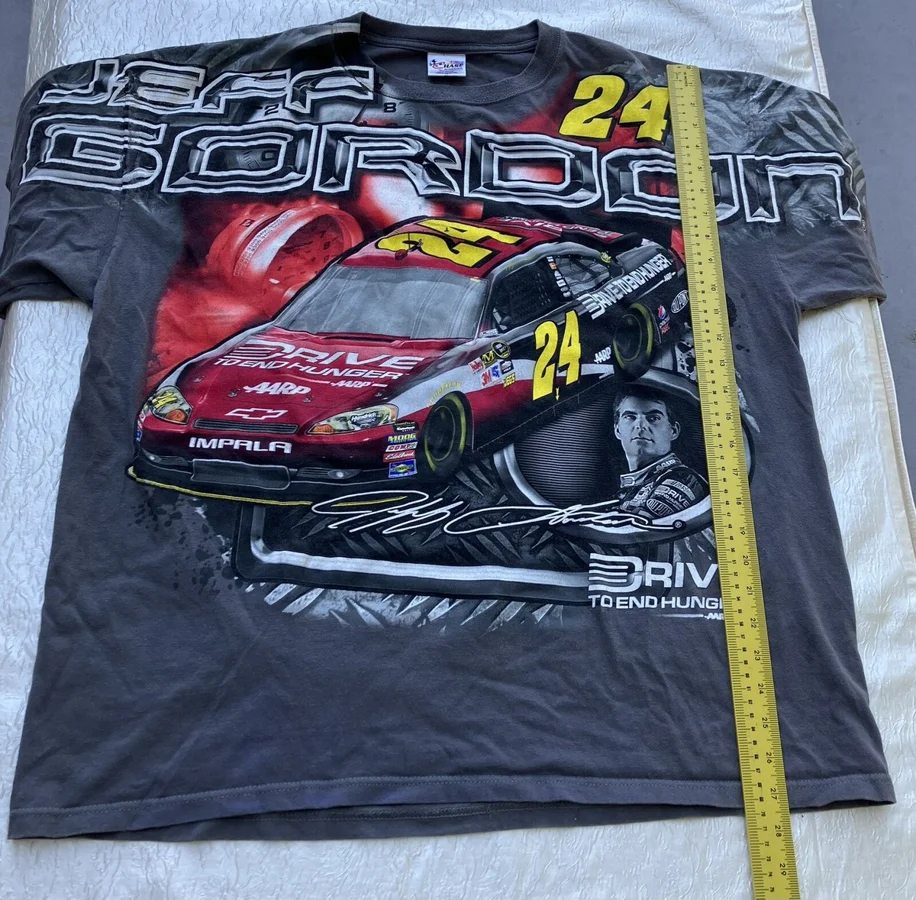NASCAR’s current landscape is missing the kind of larger-than-life driver that once defined its most celebrated eras, with Richard Petty insisting a Jeff Gordon NASCAR superstar legacy is vital for the sport’s future relevance. Reflecting on past decades, Petty contends that the lack of a single dynamic figure has left NASCAR leaderless and unable to ignite the same passion in fans as before.
NASCAR’s History of Iconic Drivers and Star Power
Unlike many team sports, NASCAR’s appeal has always hinged on the individual personalities and crafts of elite drivers rather than on collective teams. Fans throughout NASCAR’s rise flocked to root for their icons, cheering on heroes like Richard Petty, Dale Earnhardt, and Jeff Gordon week after week. Big names drew crowds, turned ordinary races into spectacles, and fueled an electric rivalry that helped the sport soar culturally and commercially.
The tradition of backing legendary drivers can be traced back to Richard Petty’s father, Lee Petty, as well as Junior Johnson and Fireball Roberts, each of whom established NASCAR’s blueprint for superstardom in the sport’s early years. David Pearson, Bobby Allison, and Cale Yarborough then captured the public’s imagination in the decades that followed, succeeded by Darrell Waltrip—who famously earned the nickname “Jaws”—Dale Earnhardt, Jeff Gordon, and Jimmie Johnson.

Petty observed, in a conversation prompted by Josh Berry during Jeff Gluck’s 12 Questions Series, that his own most vivid recollections with Wood Brothers Racing involved both dramatic crashes in the final laps and celebrating victories—moments that kept entire grandstands on their feet. He reminisced about the old days when, rather than a crowded field, races boiled down to intense duels between two determined competitors.
He said,
“It was two cars racing, and the grandstand stood up for the whole last part of the race. So the excitement of stuff like that, I don’t see it in racing today. How do you bring it back? I don’t know.”
—Richard Petty, NASCAR Legend
The Absence of a Unifying Superstar in Modern NASCAR
As NASCAR has evolved, Petty sees a field packed with quality drivers yet lacking a dominant, galvanizing superstar who can become the focal point every race weekend. The frequent rotation of winners—15 different drivers in a single season—illustrates fierce competition but, in Petty’s eyes, also signals an era without a “fox out front.” The sport, he argues, thrives on a singular figure whom fans either fervently support or eagerly root against.
He explained,
“That does not create a following. No matter what happens, you need a fox out front. We don’t have any leader, whether he’s good, bad or indifferent.”
—Richard Petty, NASCAR Legend
Looking back, Petty notes that drivers like Darrell Waltrip and Dale Earnhardt attracted packed houses, with crowds as eager to see their dominance as they were to witness a rare defeat. The polarized, emotional energy these stars generated played a central role in NASCAR’s prestige. Today, the absence of such magnetic personalities seems, to Petty, a key reason why the sport is struggling to recapture its former glory.
Petty’s Take on NASCAR’s Format and Its Champions
The debate over NASCAR’s evolving competition format further complicates the quest for unity and engagement. Nostalgia for the rigorous, season-long grind that crowned champions based on steady excellence stands in contrast to the newer Chase system, which rewards late-season drama and stage wins. Petty, aligning his views with Mark Martin, is outspoken in his preference for the traditional approach.
He declared,
“I’m still from the old school. I’m with Martin, that they start races in February and you run all year to November and it’s, OK, who was the best that year?”
—Richard Petty, NASCAR Legend
For Petty, extra points for leading stages, or mechanisms that can elevate a driver through short bursts of success, fail to represent true championship pedigree. His stance is that consistency, not streakiness, should determine who earns the sport’s highest honor each year. As he put it,
“When they give points for leading different (stages) in the race and they give points for all this other stuff, that’s a bunch of crap, OK?… I don’t care if you lead 499 laps of a 500-lap race, if you get beat, then you’re not the winner, and you shouldn’t have any (extra) points.”
—Richard Petty, NASCAR Legend
Petty contends that efforts to modernize and keep pace with trends in other sports have not yet restored the level of interest or prestige NASCAR once enjoyed. He believes it is the relentless, week-in and week-out drive that used to define a champion—a role models like Jeff Gordon, Jimmie Johnson, and Dale Earnhardt played so effectively.
The Road Ahead for NASCAR’s Superstar Legacy
As NASCAR continues to evolve, both in its format and in its roster of talented athletes, Richard Petty’s critique raises challenging questions about how the sport regains its singular, superstar-powered excitement. Without a universally recognized leader, the possibility of fully rekindling the Jeff Gordon NASCAR superstar legacy seems elusive. Fans and insiders alike are left to wonder who, if anyone, will emerge as the next unifying face of the sport—one capable of breathing new life into an arena built on individual greatness and unforgettable personalities.
